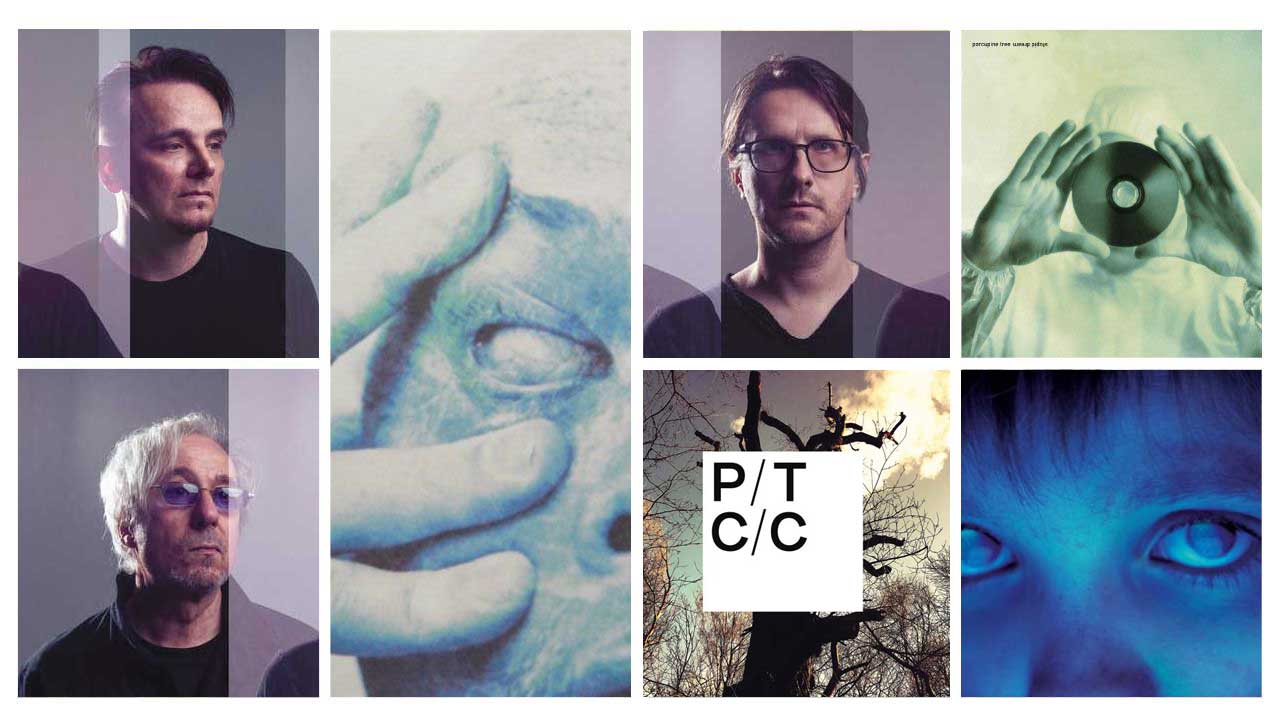The news that Porcupine Tree were returning with 2022's Closure/ Continuation was greeted with a lot of hysterical shrieking from the band’s huge fan base. Supposedly defunct since 2010, Steven Wilson’s pioneering modern prog crew had an album on the way and live shows on the horizon, too. The sneaky devils. The new album had a lot to live up to, because Porcupine Tree have long been regarded as a benchmark for a new, highly evolved take on the progressive rock of decades past.
Conceived as a bedroom-bound studio project by a then-20-year-old Wilson, Porcupine Tree outgrew its naïve origins as its creator’s musicality began to blossom. Debuting with the psych-pastiche experiments of 1992’s On The Sunday Of Life… the project gathered steam, passing through the post-techno space rock of early single Voyage 34 and coalescing around a modernist blend of prog indulgence and Wilson’s meticulous songwriting.
By the mid-90s, Porcupine Tree had morphed into a real band – Wilson, keyboard/sound guru Richard Barbieri, bassist Colin Edwin and drummer Chris Maitland, later replaced by Gavin Harrison – and embarked on a series of widely praised albums and tours that took them, and the whole concept of progressive rock, toward a better future.
The band’s breakthrough came with 2002’s In Absentia, an album that beefed up the Porcupine Tree sound with elements of modern metal, in tandem with Wilson’s burgeoning relationship with Opeth frontman Mikael Åkerfeldt.
Surfing on unexpected waves of critical acclaim, Porcupine Tree marched triumphantly on. Increasingly potent on stage, thanks in part to visuals created by Lasse Hoile, they reached a peak on ninth album Fear Of A Blank Planet: Classic Rock’s Album Of The Year in 2007, no less.
Porcupine Tree’s first era came to a fractious, unsatisfying end after a well-received but apparently tumultuous gig at the Royal Albert Hall in December 2010. No official split was ever announced, but few expected the band to reform, particularly in light of Wilson’s successful solo career and the other members’ separate endeavours.
Fortunately, Wilson is a contrary sod and had been secretly working on new Tree material with Harrison and Barbieri for over a decade. The resultant Closure/ Continuation album has been widely received as among the band’s best work. Asif we expected anything less.

11. On The Sunday Of Life (1992)
You can trust Louder Our experienced team has worked for some of the biggest brands in music. From testing headphones to reviewing albums, our experts aim to create reviews you can trust. Find out more about how we review.
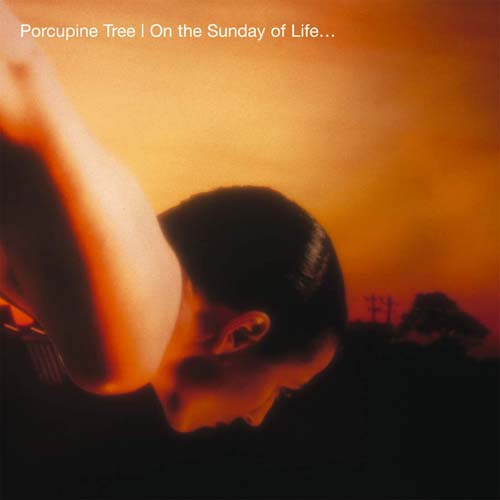
Partly inspired by Wilson’s love of XTC alter-ego the Dukes Of Stratosphear, the first Porcupine Tree album bears little resemblance to the progressive colossus that would eventually emerge. But within the quirky psychedelia of songs like Radioactive Toy and the title track lurks plenty of the gentle subversion and zealous curiosity that has defined everything under the PT banner.
More importantly, it was the real beginning of Wilson’s enduring and fruitful relationship with the studio and its potential as a tool to make his musical dreams come true. A curio, perhaps, but an important one.
10. Up The Downstair (1993)
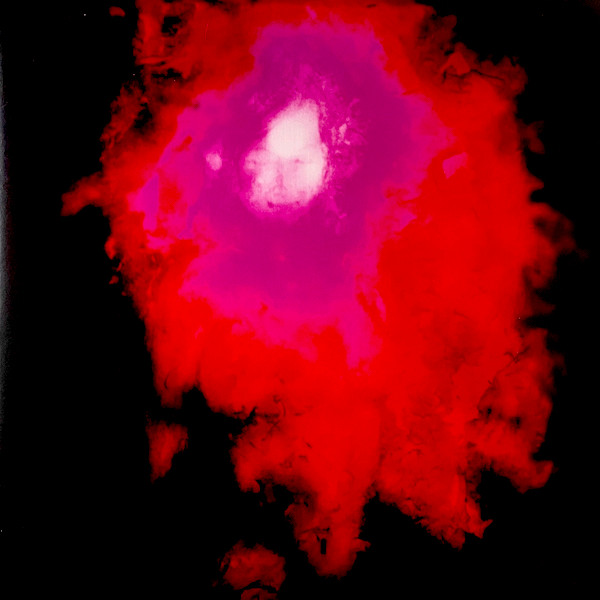
Originally planned as a double album, to be released in tandem with psychedelic trance excursion Voyage 34, Up The Downstair was an undeniable leap forward. In particular, the title track and Burning Sky showcased a more blatantly progressive ethos.
Porcupine Tree would make many better records, but this felt like an authentic starting point for something special. The re-recorded version, live drums from Gavin Harrison, is the superior one.
9. Signify (1996)
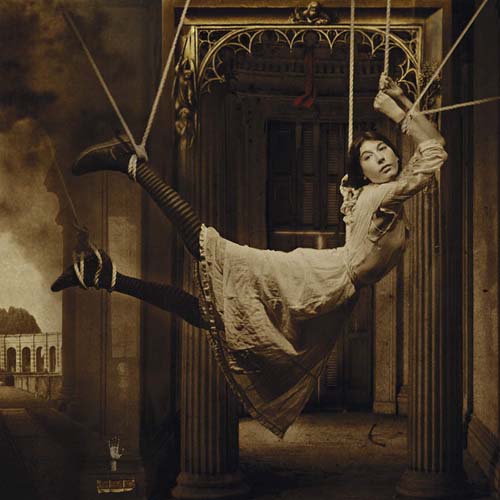
The moment when the Porcupine Tree sound – as malleable and unpredictable as it always was – coalesced around a bona fide ensemble, rather than Wilson plus hired hands. Eschewing the long-form experiments of Voyage 34 and The Sky Moves Sideways in favour of shorter but no less adventurous songs, Signify was full of revelatory moments, not least the gorgeously unnerving Every Home Is Wired and the epic, brooding Dark Matter.
Elsewhere, Wilson and co plunged deep into arthouse ambient territory on the blank-eyed and chilling Idiot Prayer. As their identity became better defined, Porcupine Tree were getting braver, too.
8. The Sky Moves Sideways (1995)
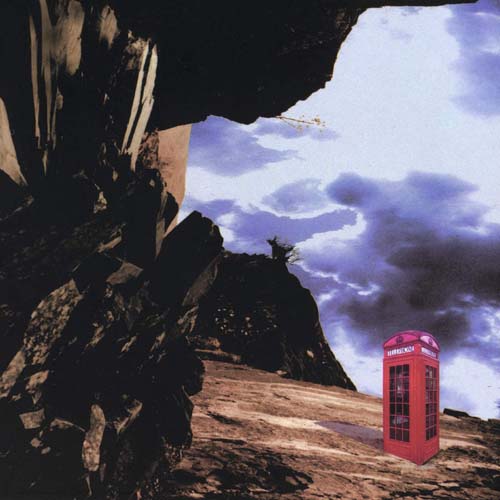
An outright celebration of progressive rock tropes, The Sky Moves Sideways wore its debt to Pink Floyd with pride. What came across most strongly on Porcupine Tree album number three was that Wilson was dragging the past howling and shrieking into the future.
The sprawling title track is a certified classic, but the semi-improvised splurge of Moonloop – restricted to the album’s bonus second disc – is the wild apex of this era of the band. A languorous, starryeyed avalanche of ambient psychedelia and Gilmour-esque soloing, it owed as much to The Orb as it did to any old-school prog band.
7. Lightbulb Sun (2000)
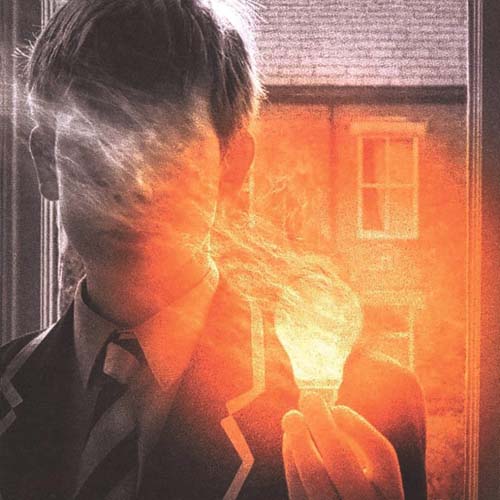
Porcupine Tree were fully in their imperious stride by the time their sixth album emerged in the year 2000. The fierce chemistry between Wilson, keyboard maestro Richard Barbieri, bassist Colin Edwin and drummer Chris Maitland was on display throughout, with bleak closing epic Russia On Ice and the shimmering alt.rock of the title track representing two distinct sides to the band’s personality.
Somewhere between the two, elegantly muscular jams like Hatesong and Four Chords That Made A Million highlighted what a dynamic ensemble the quartet had become. A word to the wise, however: don’t listen to Feel So Low if you’re having a bad day.
6. Stupid Dream (1999)
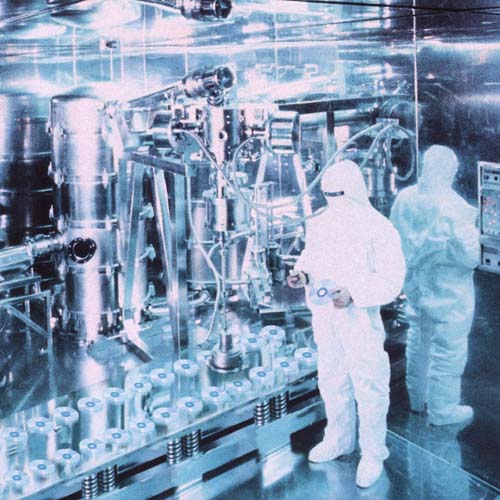
The album that made Mikael Åkerfeldt turn into the world’s biggest Porcupine Tree fan, Stupid Dream was a masterclass in blending sublime melodies with deeply proggy song structures. Opener Even Less is simply one of the all-time great PT tunes, Stranger By The Minute is one of the great alt.rock hits that never was, and Don’t Hate Me is a genuinely chilling tale of unhinged obsession.
Throw in the disorientating, Talk Talk-like meanderings of closer Stop Swimming, the bittersweet nostalgia of Piano Lessons and the breezy rush of Pure Narcotic, and we can definitely see Åkerfeldt’s point.
5. Deadwing (2005)
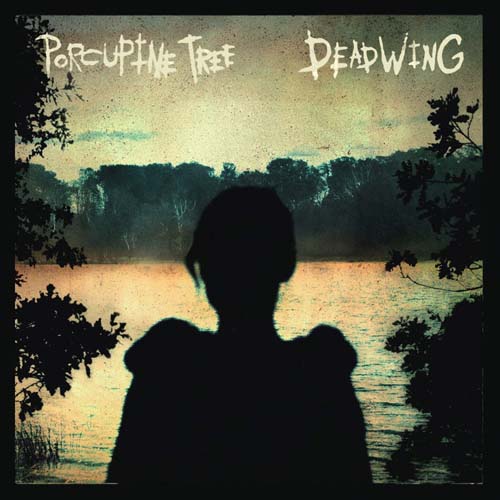
Topping the breakthrough brilliance of In Absentia was never going to be an easy task, but Deadwing came close to at least equalling its predecessor. Some of Porcupine Tree’s finest, most enduring songs are contained within: the magnificent, futureprog sprawl of Arriving Somewhere But Not Here, the wistful Lazarus and the brilliant art-metal rush of Halo.
Meanwhile the comparatively straight-ahead hard rock groove of Shallow added a new, simple-but-oh-so-effective texture to their palette. More importantly, perhaps, the band were now an unstoppable live act, and that’s where these songs truly soared.
4. The Incident (2009)
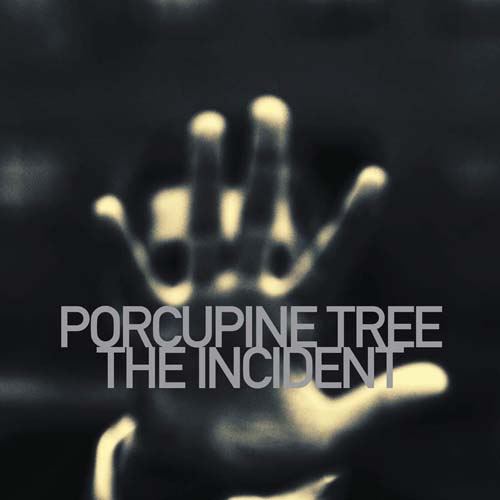
A 55-minute conceptual feast with a bonus EP thrown in, The Incident is Porcupine Tree’s most overtly prog-friendly record. It’s also one of their best: a scintillating odyssey through every aspect of the band’s sound; from the heaviest of skronkmetal freakouts (Occam’s Razor) to the nostalgic, Floydian monolith of Time Flies, via the electro-metal menace of the title track.
A second disc featuring five more songs was equally intriguing, with woozy prog metal sprawl Remember Me Lover the finest. Performed live in its entirety upon release, The Incident was a pretty good place to stop. Temporarily.
3. In Absentia (2002)
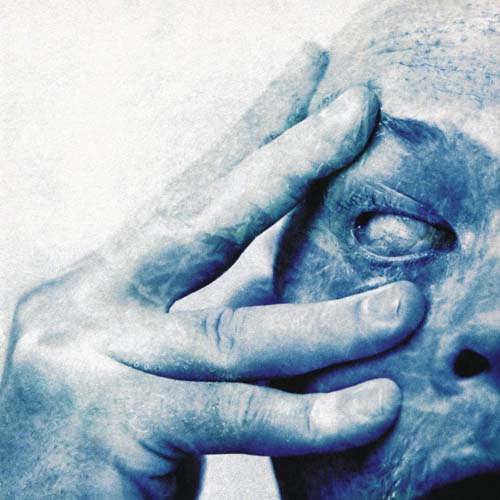
Widely revered as a 21st-century prog classic, In Absentia was the moment when everything came together for Porcupine Tree. Purposefully heavier than previous records, but still fuelled by Wilson’s artful songwriting, it’s the sound of a great band becoming even greater.
In Absentia has hits (at least in prog terms) like Blackest Eyes, Trains and Strip The Soul, but it’s also a quietly perverse affair, as Wilson assimilated left-field heaviness into his band’s armoury, twisting his songs into unprecedented shapes. Songs like Gravity Eyelids and The Creator Has A Mastertape still sound ahead of their time today. Pure genius, basically
2. Closure/ Continuation (2022)
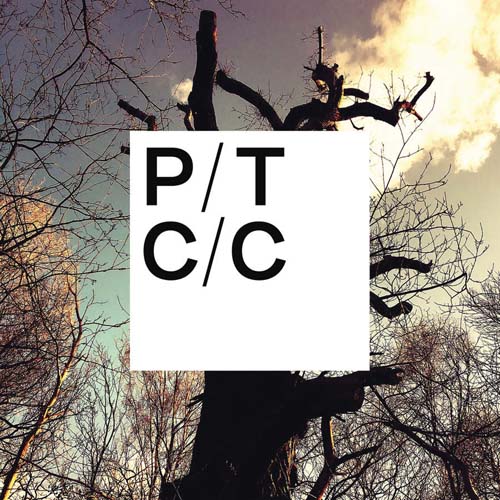
Arriving a mere 13 years after the conceptual splurge of The Incident, Porcupine Tree’s first album as a trio has been greeted with a mixture of ecstasy and, well, more ecstasy. Closure/ Continuation bears all the hallmarks of a classic Porcupine Tree release – huge riffs, plaintive melodies, otherworldly ambience, Harrison’s groovy drumming – but every one has been refreshed and redefined.
The result is an album full of exhilarating epics like Harridan and monumental finale Chimera’s Wreck, but also strange electronic detours (Walk The Plank) and, in Of The New Day, as beautiful a song as the band have ever written.
1. Fear Of A Blank Planet (2007)
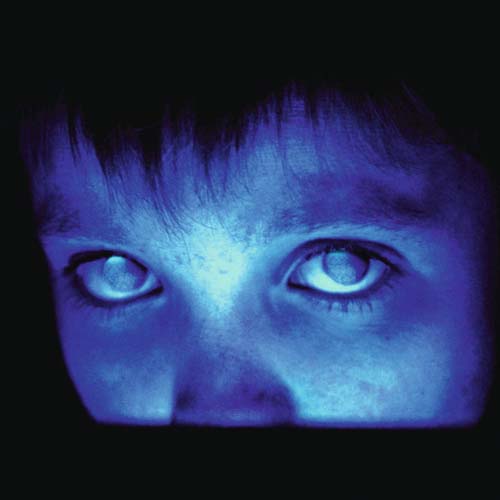
Porcupine Tree’s catalogue is full of rounded and cohesive albums, but none hit the spot with quite the enduring impact of their ninth. Fear Of A Blank Planet distilled all the riff-driven intensity and post-rock audacity of earlier records down to a gleaming, diamond core of meticulously refined perfection.
The title track is a skull-rattling sprint through modernity’s vapid cacophony; Anesthetize is an astonishing, 18-minute tour-deforce; the closing Sleep Together is moving and menacing. Most impressively, and definitely not by design, Fear Of A Blank Planet made prog seem cool as fuck. Which, of course, it actually is.
